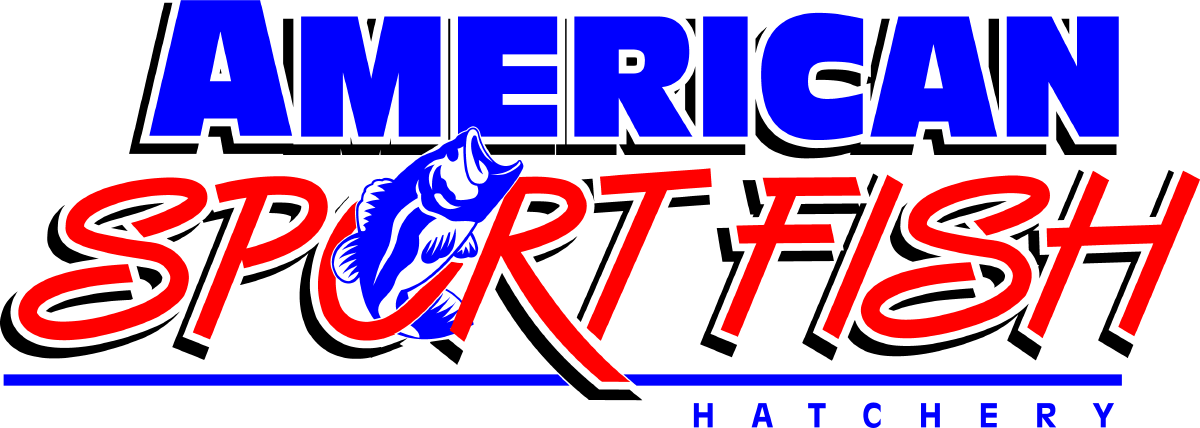Why It’s Important To Ask—Why?
Recently, I accompanied Bob on a lake survey to Central Texas. As the property owner described various goals for the lake, Bob would ask “why” he had chosen those goals. Through five or six comments by the owner, Bob continued asking “why”? As I began to wonder “why” he was responding in that manner, he began a response. When he concluded, I connected the dots.
How many times has someone ask a question and you quickly replied before getting “all” facts to the subject? Simple answers are easy, but sometimes they aren’t—the answer. For example, you have an idea for improving a barren shoreline. Your neighbor has a plant with pretty yellow flowers that would look nice next to your dock. You pull a few hands-full, put them in a bucket and proudly transplant them. Several weeks later you return and guess what has spread under the walkway to the dock like a range fire. You have introduced primrose, a potentially invasive plant that could give you problems for years.
Similar scenarios occur with fish. You see a big, pretty green fish that looks fun to catch. Someone suggests you add some in your pond. Bad idea! That critter is a green sunfish, with a large mouth, that’s going to compete with your bass for forage. They are prolific spawners. Soon your pond will be overrun with stunted green sunfish. A friend says he has too many bass and suggests you transplant some into your pond. The more, the better, right? It sounds like a good idea, but you probably have plenty of bass. “Why” would you stock more? If you don’t thoroughly consider the question, you’ll ultimately catch greater numbers. Unfortunately, they’ll be undernourished. Proper ponderance of the idea would have alerted you to the potential problem and prevented a serious management issue.
These incidents highlight the importance of developing a “management plan” with a professional. It’s your map to success. On occasions when you encounter a fork in the road, that pond management plan will help you pause and ask “why” the idea should or should not be incorporated into the plan. You keep a net in the boat to help land big fish. Asking “why” before making crucial management decisions is your safety net to assure you achieve pond goals.
